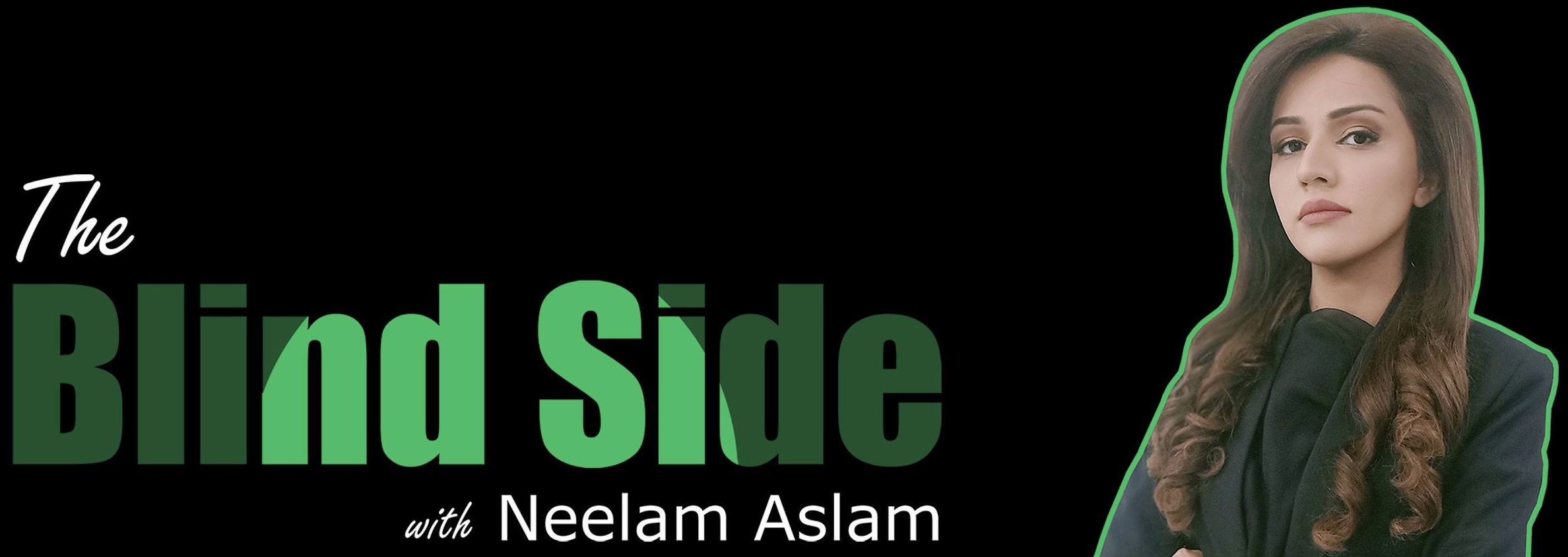The Australian government is under immense criticism from the female rights activists for supporting and defending rape accused parliamentarians and government officials.
The uproar started when Brittany Higgins, a former advisor to the Liberal Party which heads Australia’s coalition government, raised rape allegations against one of her senior colleagues.
She went public with her allegations and revealed that she was raped in Australia’s parliament in March 2019. The incident took place in the office of her boss.

Higgens told the press that she initially remained silent as it could affect her professional career, but couldn’t hold it for long and shared it with her boss, and gathered little support from there. Later, she decided to go public about the horrific incident.
Her daring move led more women to come out with similar dark secrets, and the rotten culture of Australian politics. In no time, the uproar turned into a massive campaign against the coalition government for supporting and defending the rape accused.
Dozens of massive protests held across the country, especially in the capital, where women shouting ‘enough is enough’ slogans, calling for an end to rape culture.
Addressing one of such rallies, Brittany Higgins stood up in front of Australia’s Parliament House in Canberra earlier this week and said:
“I speak to you out of necessity. “We are all here today not because we want to be here, but because we have to be here,” the former government staffer said to the crowd of thousands, many dressed entirely in black.

“I was raped inside Parliament House by a colleague, and for so long it felt like the people around me only cared because of where it happened and what it might mean for them,” she said.
What irked the women of Australia was the fact that the country’s leader, Prime Minister Scott Morrison tried to defend his government officials against rape allegations. The campaign led to the details of rape allegations against the current Attorney General Christian Porter decades ago in 1988.

However, Porter vehemently denied the allegations in a press conference, saying: “The things that are being claimed did not happen.”
Rape, sexist slurs, and misogyny against women run deep in the Australian culture, and recent reports show it is indeed a national problem. According to a survey conducted by the Australian Human Rights Commission in 2018, 39 percent of women have experienced sexual harassment in the workplace in the past five years.
The rights activist call the recent wave an awakening and uprise of Australian women and hope that this movement will bring an end to their sufferings.







Leave a Reply